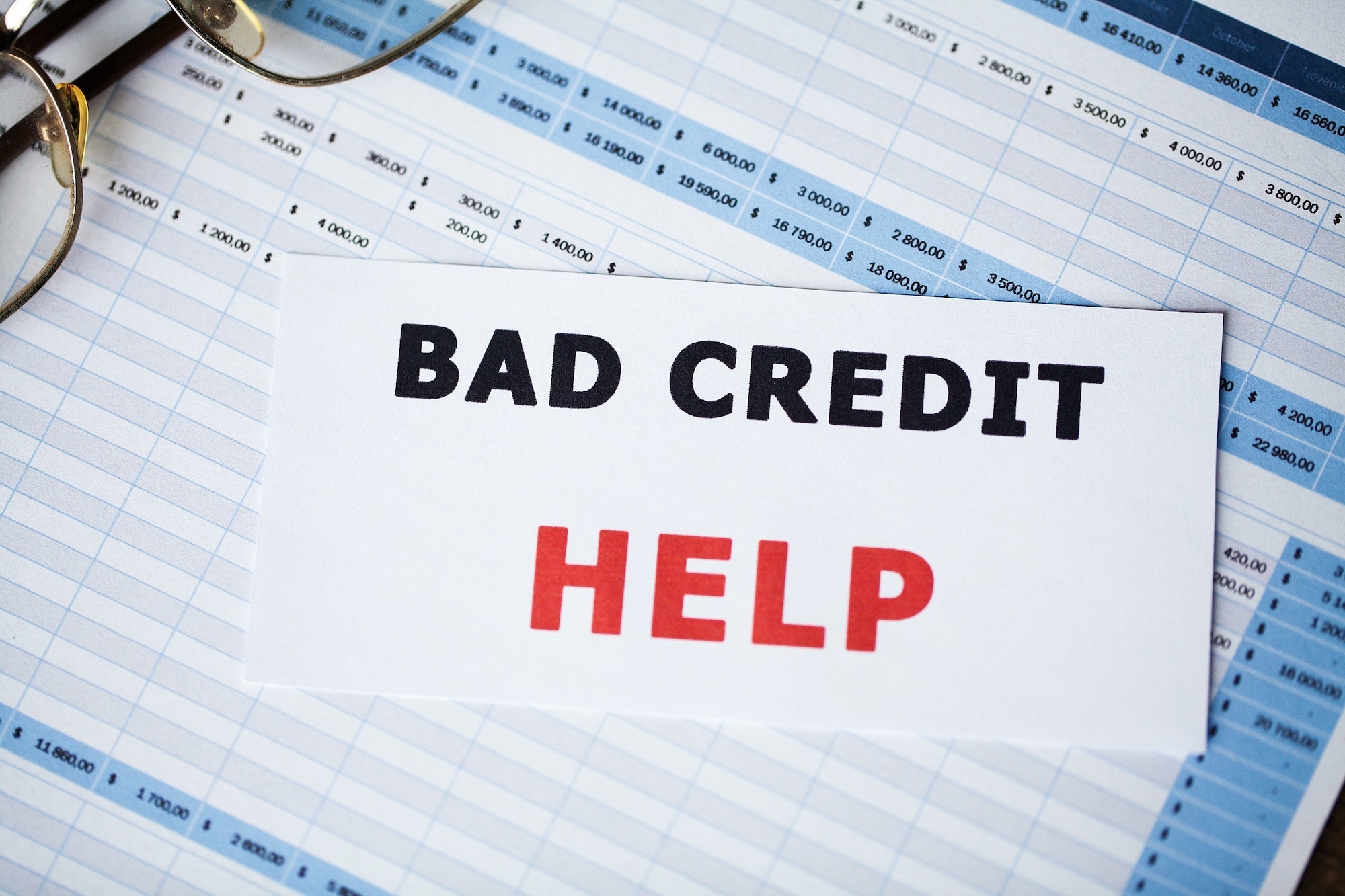Navigating the prospect of purchasing a home can be a daunting task. If your credit score is less than stellar, you might assume that securing a loan is an insurmountable challenge. However, it’s important to realize that there are avenues available for obtaining a home loan even with bad credit. In this article, we will explore the various possibilities for individuals seeking to buy a house with less-than-ideal credit scores and discuss strategies to qualify for a mortgage.
How do mortgage lenders define a poor credit score?
Factors Considered by Mortgage Lenders for Poor Credit Scores The specific credit score threshold required for a mortgage varies among lenders and the type of loan. While conventional loans mandate a minimum credit score of 620, government-backed loans are often more lenient in their credit score prerequisites. If your credit score falls below 500, you may encounter difficulties in obtaining a mortgage. In such cases, focusing on elevating your credit score becomes crucial before pursuing a mortgage application.
Is it possible to purchase a house with a low credit score?
Feasibility of Home Purchase with Suboptimal Credit To provide context, Experian™ – a leading credit bureau – designates any FICO® Score below 670 as “subprime.” This category is further divided into “fair” (580-669) and “poor” (below 579) scores. In situations where credit is compromised, having liquid funds can be advantageous, particularly for a down payment. This is attributed to the fact that your credit score might limit your eligible mortgage amount. Supplementing with available funds can bridge this gap and facilitate your desired home purchase. Furthermore, the lending institution you opt for will influence the terms of the loan. While it is possible to secure a bad credit loan, be prepared for higher monthly mortgage payments due to elevated interest rates. It’s worth noting that purchasing a home with unfavorable credit doesn’t signify a dead end; credit repair and mortgage refinancing can yield improved loan conditions down the road.
Navigating a home purchase with bad credit
Strategies for Buying a House with Poor Credit Let’s delve into the range of loan options accessible to individuals seeking to buy a home despite their less-than-perfect credit scores. Concurrently, we’ll outline the average credit score prerequisites for each alternative.
Conventional Loans Entities like Fannie Mae and Freddie Mac necessitate a minimum credit score of 620 for conventional loans, with certain lenders imposing even loftier thresholds.
FHA Loans Federal Housing Administration (FHA) loans are appealing to first-time home buyers due to their lenient requirements. Most lenders, including Rocket Mortgage, stipulate a minimum credit score of 580 for FHA loan eligibility. There are instances of lenders extending FHA loans to individuals with scores as low as 500, contingent upon a 10% down payment.
VA Loans For veterans, active-duty service members, and surviving spouses, VA loans present an attractive option. These loans, backed by the Department of Veterans Affairs, offer the prospect of purchasing a home with zero down payment. While the VA doesn’t impose a fixed credit score minimum, individual lenders typically do. For instance, Rocket Mortgage sets a minimum of 580.
USDA Loans The U.S. Department of Agriculture backs USDA loans, enabling home purchase in qualifying rural regions with no down payment requirement. Lenders often require a minimum credit score of 640 for these loans, alongside other income-related prerequisites specific to USDA loans.
Alternate Paths for Prospective Buyers Unable to Secure a Bad Credit Mortgage The optimal home loan solution hinges on the severity of your credit score deficiency. For scores below 600, exploring FHA or VA loans could be beneficial. Of course, the ideal strategy involves working on improving your credit score before initiating the mortgage application process. This might not be the most enticing option, but it is pragmatic and could translate to substantial savings in interest payments. Elevating your credit score broadens your mortgage choices and potentially reduces income and down payment requirements.
Listed below are alternative strategies for those unable to secure a bad credit mortgage:
- Enhance Your Available Credit Efforts to bolster your credit score can involve paying down balances or requesting credit limit increases. Decreasing credit utilization contributes to score elevation. Importantly, many credit card companies permit multiple limit increase requests without causing hard credit inquiries.
- Introduce New Accounts in Bulk Bulk addition of new accounts enhances available credit and diversifies your credit mix. This approach synchronizes inquiries, aging of accounts, and increases available credit on your report. This strategy may also expedite improvements in your credit history.
- Negotiate Payment Deletions Collections on your credit report can be detrimental. While settling a collection can mark it as “Paid,” requesting deletion provides more substantial benefits. Ensure written confirmation of any payment for deletion arrangements.
- Minimize Hard Credit Inquiries Applying for new credit generates hard inquiries, affecting your credit score. Always discern between hard and soft credit pulls. Avoid hard pulls close to mortgage application periods.
- Collaborate with a Co-Signer Depending on your mortgage, a co-signer might bolster your qualifications by contributing their income and assets. This might lead to a larger loan amount and improved debt-to-income ratios, enhancing your home-buying prospects. In some scenarios, lenders might consider the average of multiple borrowers’ credit scores, which could elevate your qualification status. However, it’s crucial to remember that for interest rate and mortgage insurance calculations, the lowest median score takes precedence.
Concluding Thoughts: Overcoming Bad Credit to Attain Homeownership Adverse credit scores need not preclude the advantages of owning a home. Government-backed options like FHA loans extend eligibility even with scores as low as 500. While the allure of swift homeownership might be enticing, careful evaluation of available choices and interest rates remains paramount.
